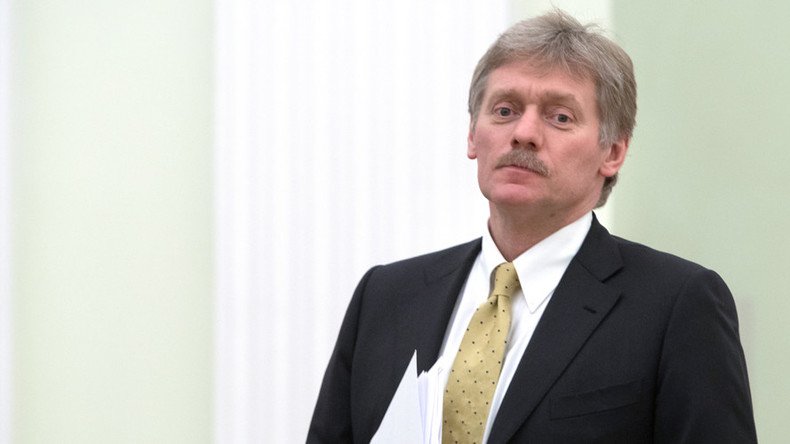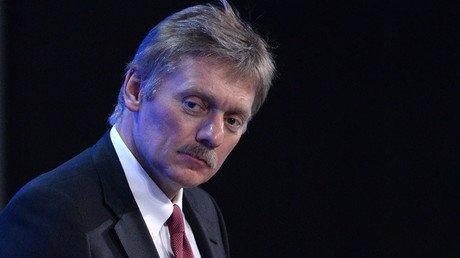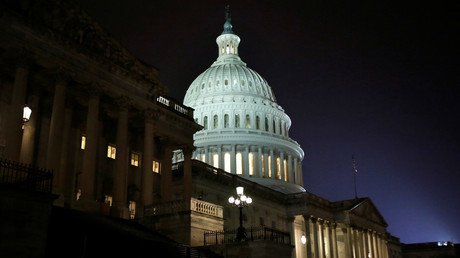‘This is his job:’ Peskov on Russian ambassador’s contacts with Trump administration officials

There is nothing special in the Russian ambassador discussing bilateral ties with some members of Donald Trump’s electoral campaign team, the Russian president’s spokesman, Dmitry Peskov, told CNN, stressing that the diplomat was just doing his job.
The Russian ambassador to the US, Sergey Kislyak, talked to Trump campaign team members and future US administration officials “about the bilateral relations and… about what was going on in the United States” to provide Moscow with a better understanding of the situation on the ground, Peskov said in part of an interview with CNN released on Saturday.
He also noted that “every ambassador of Russia abroad” works just like “every ambassador of the US abroad, including [the one] in Moscow, because the more ambassador talks to people in his country of residence, the better job he does.”
Peskov also said that the Russian ambassador held conversations with some members of Hillary Clinton’s campaign team. “If you look at some people connected with Hillary Clinton during her campaign, you would probably see that he had lots of meetings of that kind,” he said.
At the same time, he underscored that the envoy has never spoken with any US officials about the electoral process. “It should be in no way perceived as interference in the electoral process,” Peskov said.
On Monday, Peskov told CNN that Moscow does not have “the slightest intention” to play any role in US internal affairs, including in its presidential elections. He went on to say that the anti-Russian narrative, which certain US media and officials continue to peddle, is stirring up “hysteria” that is “doing lots of harm to the future of our bilateral relations.”
The US media earlier extensively reported about Russia’s alleged role in the hacking of the Democratic National Committee (DNC) email services to ultimately sway the vote in favor of Donald Trump, as well as about Trump’s alleged ties to Moscow. Russia strongly denied all such accusations and repeatedly stated that it had no intention to interfere in the US electoral process.
After Trump’s inauguration in January, the speculation over an alleged Kremlin’s hand in his stunning victory in November were once again instigated by new reports about Trump administration officials’ contacts with the Russian ambassador to the US.
Trump’s national security advisor, Michael Flynn, stepped down amid the mounting pressure on the US presidential administration, caused by the reports about Flynn’s conversations with Kislyak concerning the anti-Russian sanctions imposed by the US.
Other reports claimed that Trump’s attorney-general, Jeff Sessions, met with the Russian ambassador twice in 2016, but failed to mention the fact of his meetings during his confirmation hearing in the Senate in January.
Trump described the situation as a “witch hunt” based on “illegal leaks of classified and other information.”
In the meantime, the US Senate passed a new resolution targeting Russia for its alleged interference in the 2016 election and warning that European elections could also be hacked. However, the new document failed to provide any evidence of Moscow’s supposed involvement.














